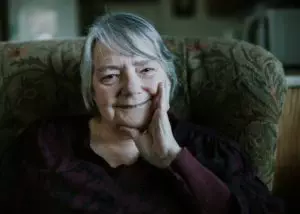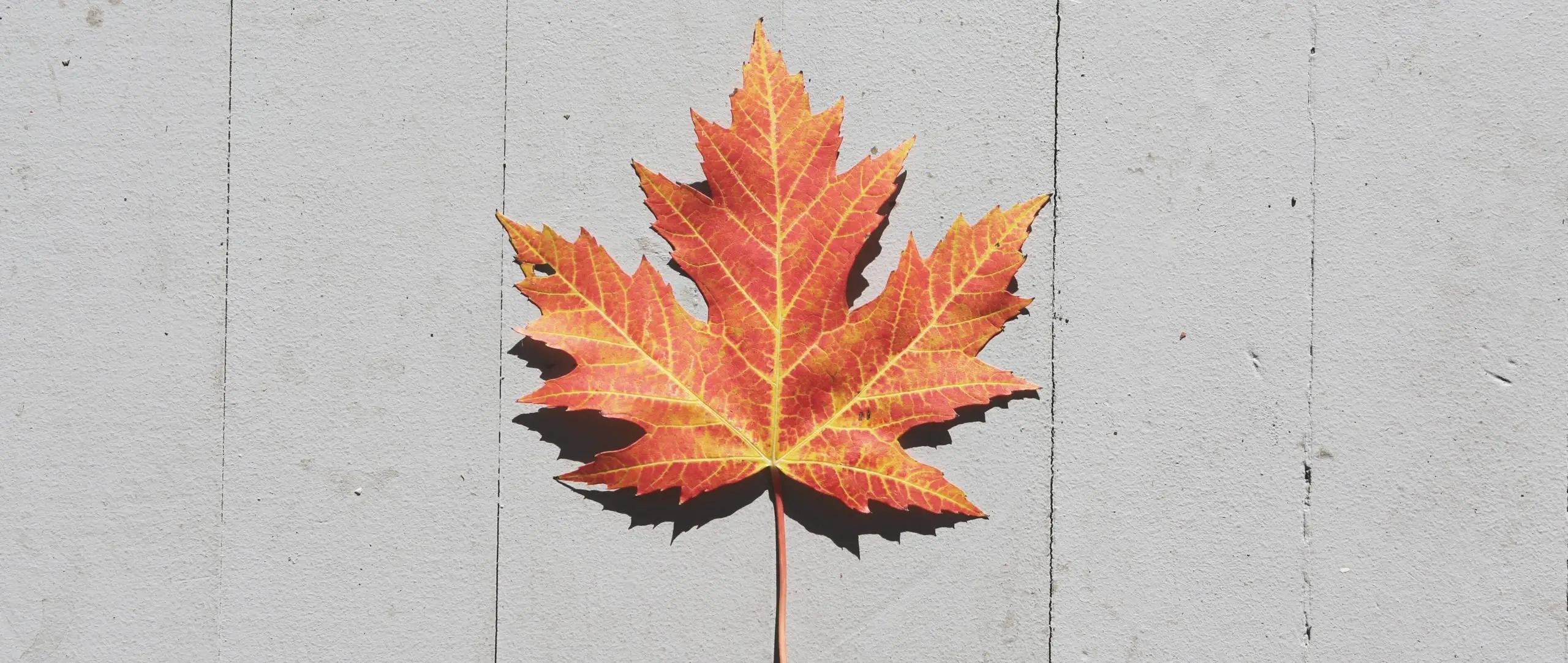“It’s up to us, the poor people, to help make governments aware of the problems relating to poverty. We may not succeed, but we have to at the very least try.” – K Brookland, CWP Board Member for New Brunswick
At Canada Without Poverty, everyone on our Board of Directors knows poverty first-hand. Their lived experience informs our work and is essential to effectively ending poverty in Canada. To honour their experiences and share their insights, we began our Spotlight on Poverty blog series where board members could tell their stories in their own words about poverty from coast-to-coast-to-coast.
In 2015, we profiled board members Harriett McLachlan, Wayne MacNaughton, Derek Cook, and Laura Cattari. We are bringing back the series for Giving Tuesday 2017 with a new installment highlighting our Board Member for New Brunswick, K Brookland. (Read last week’s feature of Board Member Amanda Ens here.) You can support stories like these and our work to eliminate poverty in Canada with a one-time or monthly tax-deductible donation.
 Q. What’s your story: how has poverty impacted your life?
Q. What’s your story: how has poverty impacted your life?
For me, when I think about how poverty has impacted my life, I go to memories where I had the feeling of having absolutely not power over my circumstances. Remembering the day I kept my daughter home from school because I couldn’t afford to give her money for Hot Dog day. Or when I was working two minimum wage jobs and missed so much time with my daughter – and despite the two jobs – I didn’t have enough money for basic necessities. I remember when I first applied for social assistance. Back then, they had those printers with the paper that came out connected in a long sheet with the holes on the side. I remember sitting there answering all the questions you have to answer to get help, and my entire life was represented by three sheets of paper on the floor in front of the social worker’s desk. I’ll never forget that feeling.
Q. Why is the first voice perspective so critical to ending poverty in Canada?
When politicians have to make a decision about the military, they aren’t going to go to an archaeologist for information. They’ll go to someone who is familiar with the military. So, if they are going to make decisions about things that will affect people living in poverty, the first voice perspective is critical. The average politician doesn’t know what poverty is like; most people who run for higher office have some money. So, who are they going to learn about poverty from? There is so much misinformation out there that the first voice perspective can counter.
Q. What is the greatest misconception you’ve heard about poverty or people living in poverty?
That poverty is the individuals’ fault. In our society, blame has to be assigned and the obvious choice is the poor person. You hear if over and over and over again: if you just pull up your bootstraps, if you do this, if you do that. A lot of people are not getting that point – tons of people work and still live in poverty. It has nothing to do with whether are not you are working or have worked.
Q. How do you see poverty as a violation of human rights?
Every time anybody is cowering behind their apartment door when they hear footsteps, hoping that the landlord is going to give them another day to make enough to pay the rent or resorting to stealing food to feed their kids, that’s a violation of rights. Every person in Canada deserves financial security and freedom from worrying about whether we can feed our children today.
Q. Is there anything unique about poverty in New Brunswick versus the rest of Canada?
I know that right now unfortunately poverty and homelessness are on the rise in New Brunswick. It’s always been consistent, but now it’s growing at a remarkable pace. In the last budget speech, there was no mention of words like poor, poverty, housing, or homeless through the whole thing. If you can’t even acknowledge the existence of the problems, how can you address them?
Housing is also a problem here. Rent in Fredericton is high for not great apartments and inaccessible to someone working a minimum wage job. Now I’m in subsidized housing, but at one point a few years ago, I was paying 80% of my income on housing.
Q. What drives you to do this work and be part of the anti-poverty movement?
I’m driven because I’m fully aware that you can’t rely on governments of any level to spend any serious amount of time on homelessness and poverty because they don’t understand how pervasive it’s becoming and how easy it is to become homeless or poor. It’s up to us, the poor people, to help make governments aware of the problems relating to poverty. We have to challenge them to do something. We may not succeed, but we have to at the very least try.
Q. What do you think people in Canada, both living in poverty and not, can do to address discrimination toward people living in poverty?
National and local organizations can help by making the public aware of what’s going on in one of the richest countries in the world. Members of our larger anti-poverty community can also do it on a person-by-person basis. Take every opportunity to say something and counter misinformation. Don’t just drop a quarter in someone’s coffee cup and keeping walking – take a moment to talk to them. Don’t make assumptions about people who are not working. You have no idea what’s going on in someone’s life just by looking at them. And don’t blame the individuals.
I think people who do not live in poverty should stand up because they are the ones who have power. If enough of them band together to say to politicians this has to change, they may be listened to.
Q. What’s one thing the government needs to do to end poverty right now?
The government could start by taking human rights – particularly economic and social rights – seriously. Use the Charter of Rights and Freedoms to protect economic and social rights. Don’t leave anti-poverty work up to the provinces and territories.
Meris K Brookland (New Brunswick) is CWP’s Board Secretary. K has a BA with a concentration in Sociology. She has struggled with poverty throughout her adult life including working at two low-paying jobs simultaneously, living on unemployment insurance, and being on Income Assistance as a single parent. Poverty was the impetus for K to work with the Fredericton Anti-Poverty Organization, (FAPO) and to co-found the Women’s Alliance (WALL), a group which advocated for women who were on social assistance. Membership in WALL had only one criterion: personal experience with living in poverty. K is now retired and relies solely on government pensions (OAS, CPP and GIS). She volunteers with Fredericton’s Community Action Group on Homelessness.

